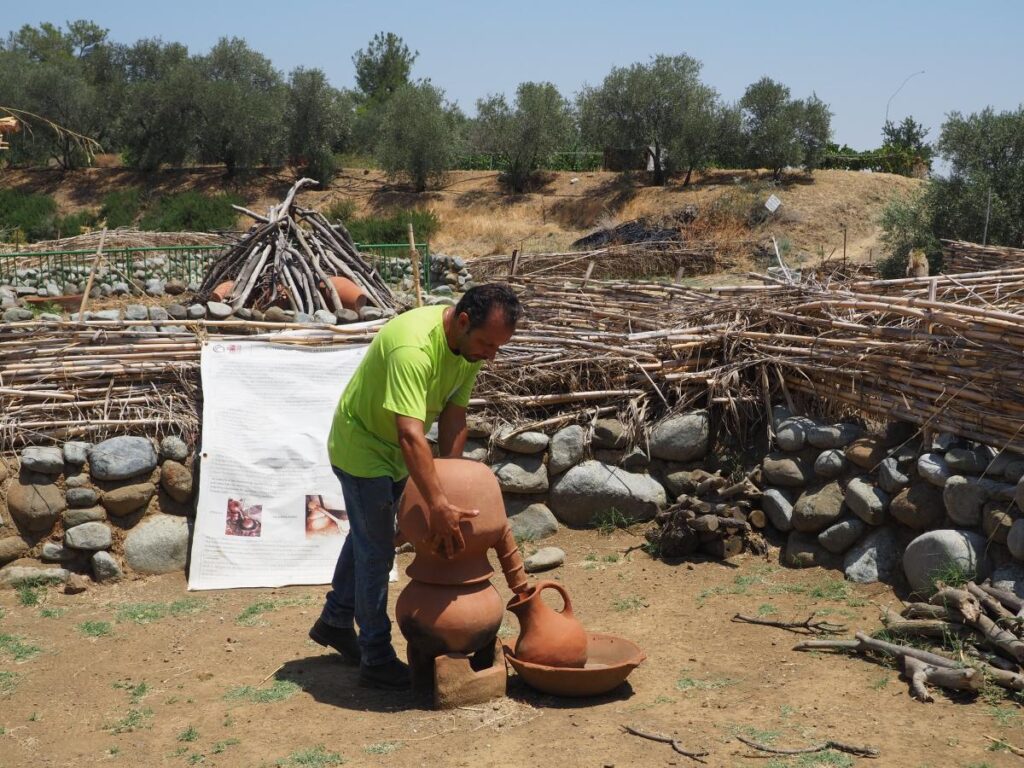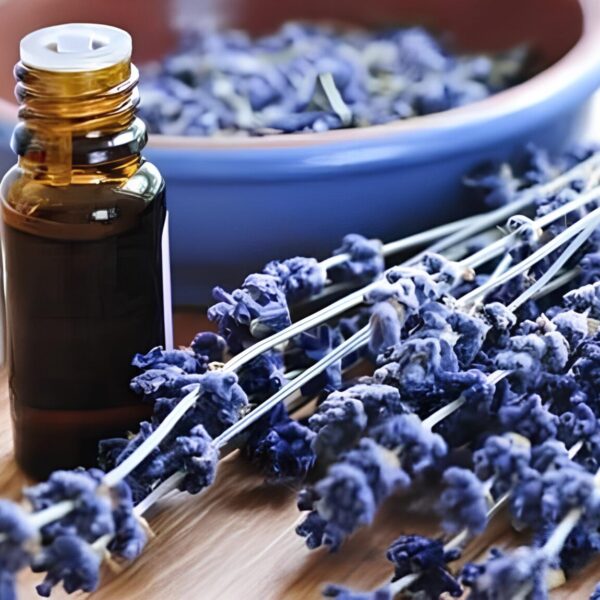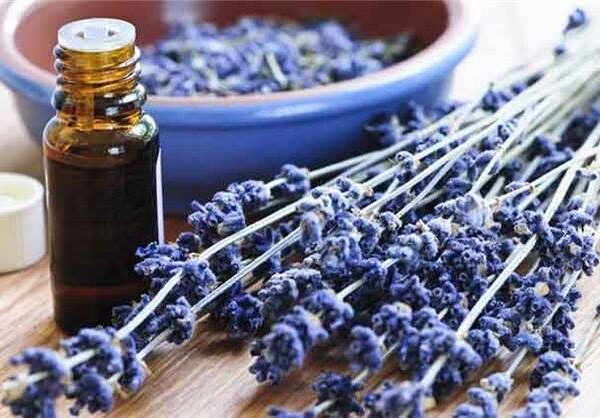In Korakou, a small village nestled in the Solea valley, a family is reviving the plant soul of the island. In their laboratory, Giannoula and Phylaktis cultivate hundreds of medicinal herbs, creating oils, ointments, and perfumes based on ancient knowledge. A unique place, blending botanical culture, therapeutic traditions, and the revival of a forgotten ancient herbalism.
In the calm of the Cypriot mountains, about fifty kilometers from the capital Nicosia, Giannoula Lazarou has founded a unique laboratory. More than just a plant-based production unit, it is a living space of memory and know-how. Trained in Tanzania in phytotherapy and essential oil distillation, she has transformed her home into a garden of study and practice, respecting natural cycles.
Her son Phylaktis, who returned to his roots after a detour through another profession, now embodies the third generation and runs the business with his mother. Together, they perpetuate a way of life based on knowledge of plants and respect for natural cycles. “We grew up with herbs. They were part of our daily lives, they became our profession. They are a source of pride for me. There is no greater satisfaction than seeing the seeds you have nurtured bloom and be harvested, knowing they will help others. It is a source of life and thus joy,” he confides.
Exceptional Cultivations
The carefully maintained land hosts over 400 varieties of herbs: lavender, rosemary, chamomile, mint, gardenia, pine, licorice… Demanding crops, often dependent on microclimates. “The Solea valley is ideal, but some species require particular conditions, hence our plots spread elsewhere on the island,” he explains.
The work, divided between cultivation, harvesting, processing, and product creation, follows the rhythm of the seasons. During peak activity, up to 20 people may be employed. “Cyprus is a blessed territory for plants. Our products are the result of harmony with nature,” Phylaktis continues.
Harvesting is always done by hand. Sun drying, gentle treatments, and distillation extractions respect ancient methods, ensuring effectiveness and respect for the plant. “Because technology has not replaced instinct and patience,” the producer emphasizes. The workshop, flexible and artisanal, can operate with two employees during off-peak periods. Here, everything is paced by the seasons, the blooms, the needs of the soil.
Nature for Healing
Giannoula insists: “Nature knows. We must observe it, follow it, and not try to force it. Our herbs relieve migraines, colds, joint pain, respiratory issues. We want the world to understand the power of nature. Plants can offer us healing, prevention, and well-being. Nothing miraculous, just the result of long knowledge.” The herbs, she explains, provide alternative solutions, and each product follows a reinterpreted ancestral recipe.
Present for thirty years in many Cypriot pharmacies, their products are appreciated for their effectiveness. Recognition earned over time.
A Unique Park
The story could end there. But, not far from the laboratory, in a clearing of the Cypriot forest, an archaeological discovery changed everything. The traces of one of the oldest perfumeries in the world, dating back to 2000 BC, have been uncovered. This past inspired an unprecedented project.
With Italian archaeologist Maria Rosaria Belgiorno, Giannoula embarked on the reconstruction of an ancient Cypriot perfume. Together, they rediscovered the manufacturing processes, identified the plants used, and reconstructed the lost gestures.
From this collaboration was born the Cyprus Perfume Thematic Park. An immersive place where visitors discover the tools, the stages of production, and can even create their own perfume from local plants. “It’s a sensory experience. You touch the ingenuity of our ancestors. The park features replicas of ancient stills and introduces visitors to the art of perfume, in a natural setting,” smiles Phylaktis.
A Prize-Winning Work
Thanks to this work, Lazar products (the brand developed by the family business) have crossed borders. Present at many international fairs, their creations – notably the ancient perfume – have won awards. Some export agreements have emerged, without ever compromising artisanal quality.
“This is not a commercial adventure, it’s a cultural adventure,” asserts Giannoula. Her wish? That her son continues this work, “and that one day, the fourth generation takes over.”
In this corner of Cyprus, the land has never stopped speaking. It just needed someone to listen.

Featured Photo: The work is divided between cultivation, harvesting, processing, and product creation ©glazarou

